
If you want to create more diverse teams, you also need to start with recruiting. After all, diversity and equal opportunities start with approaching potential employees. In this interview, Christopher Ranft, Head of Talent Acquisition at REWE Group, explains the measures REWE and PENNY are taking to attract the most diverse workforce possible.
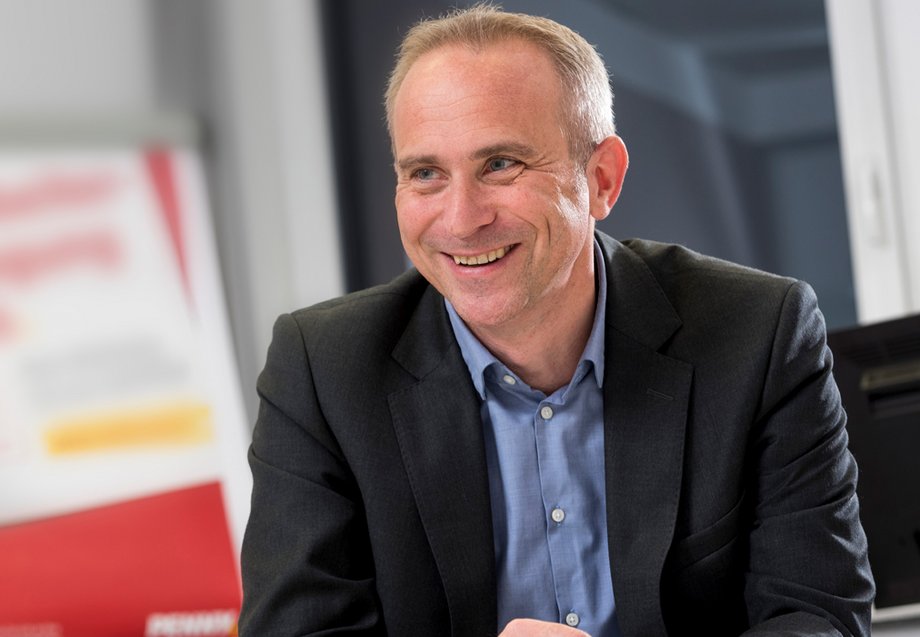 Christopher Ranft
one: Mr Ranft, you have been working for REWE Group in various functions in the Human Resources department for around 20 years. When you look back to your early days, diversity was probably a niche topic at best..
Christopher Ranft
one: Mr Ranft, you have been working for REWE Group in various functions in the Human Resources department for around 20 years. When you look back to your early days, diversity was probably a niche topic at best..
Christopher Ranft: If at all! The term diversity was not present in Human Resources and therefore not in recruiting. No-one was specifically working on putting together diverse teams. REWE Group has always been diverse and colourful simply because of its size, especially in terms of the nationality of its employees. We employ people from more than 140 countries, so internationality is part of our DNA. However, this diversity has been an automatic consequence from the very beginning; it was not an expression of a targeted corporate policy. Today it is completely different. We analyse where we stand in terms of diversity, position ourselves and approach our goals for more diversity very consciously.
one: What does this mean in concrete terms for recruiting?
Christopher Ranft: At REWE Group, we are a reflection of a colourful world. This diversity is important to us, it is part of our self-image. We try to make this visible in our external communication, for example by referring to an initiative such as di.to., our official LBGTIQ* network or our cooperation with Aktion Mensch. We want to signalise that we are an employer that attaches great importance to diversity. We also pick up on this in our communication to the applicant market. In our wording, but also in our imagery, we want to reflect society as a whole wherever possible. After all, representation is important: media, marketing and advertising play a key role in shaping how we perceive the world. However, it is also important that, despite our commitment to diversity, we clearly differentiate ourselves in our messages: against the right, against racism, against discrimination.
one: In recent years, research has increasingly focussed on the topic of "social background", as this also often leads to disadvantages in the job and application process. Are there specific measures in recruiting to address these dimensions of diversity?
Christopher Ranft: We are primarily involved in specific projects to combat discrimination based on social background. For example, together with the Federal Employment Agency, we repeatedly organise projects to train people from disadvantaged social backgrounds. As part of the "Ehrensache" or "Joblinge" projects, many colleagues also act as mentors and support socially disadvantaged young people in finding their way into the labour market. This often enables us to place participants in permanent jobs, for example in logistics or in the stores, where we have numerous vacancies.

„Young people in particular look very closely at the catalogue of values of a company they are applying to.“


one: Do applicants pay attention to how a potential employer deals with diversity? Can this influence their decision?
Christopher Ranft: Young people in particular look very closely at the catalogue of values of a company they are applying to. This applies to the topic of diversity, but also to things like Sustainability or social commitment. Applicants want to know how committed a potential employer is and their decision will ultimately depend on this.
one: Studies show that it is sometimes particularly difficult to find a job for applicants whose appearance or name indicate a migration background. How can this be counteracted?
Christopher Ranft: For example, by also accepting CVs without a photo. That's what we do. We are also thinking about doing away with CVs altogether. The previously indispensable cover letter is already history anyway. The next step is to use gender-appropriate language in recruitment, i.e.: Hello Christopher Ranft instead of Hello Mr Ranft. This means that we do not exclude anyone in our communication. We also offer the option of a voice-controlled chat application. This minimises the hurdles for potential candidates to apply. They don't have to write an application, create a CV or organise a photo. You can't even make spelling mistakes. You can choose between different languages, from Arabic to Ukrainian. We have been using the language application for about two years now and have achieved good results.
one: Heterogeneous teams are more difficult to manage than teams whose members are very similar, they say. So managing diversity can certainly be a challenge.
Christopher Ranft: Yes, leading a diverse team can be difficult because you have to adapt to everyone. But it's not different nationalities, cultural values or sexual orientations that make leadership challenging, it's the different characters, learning levels and understanding of values. But of course these things are interdependent. To be successful and creative, a diverse team can be a blessing. This benefits senior managers and the entire organisation.

„Representation is important: media, marketing and advertising play a key role in shaping how we perceive the world.“


one: Do you have to choose special communication channels in recruiting in order to attract the most diverse workforce possible?
Christopher Ranft: Social media makes it comparatively easy for us to reach out. By communicating our topics via Facebook, LinkedIn and the like, we also end up in the networks of special communities. Nevertheless, we are thinking very hard about how we can address certain target groups even more specifically. For example, we are currently writing job advertisements in Ukrainian in order to get people from this country talking to us.
one: With regard to the various dimensions of diversity, which target groups would REWE Group like to address in particular over the next few years?
Christopher Ranft: We are always on the lookout for good employees from a wide range of areas, regardless of nationality, age, gender or social background. Demographic change is certainly one of the biggest challenges for us at the moment, but we are also in a labour market: it is becoming increasingly difficult to find and retain good people. We have to take this into account when recruiting.
Christopher Ranft is Head of Talent Acquisition at REWE Group.

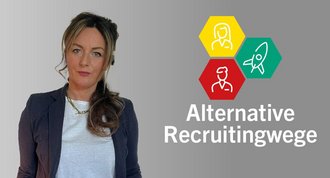
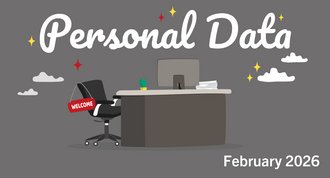
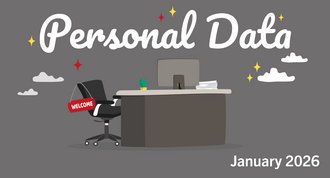
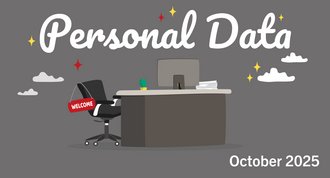
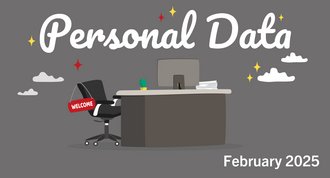

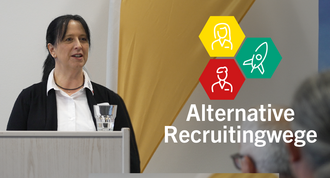


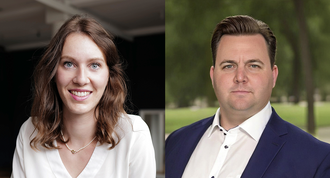
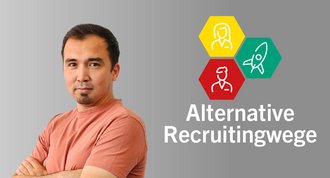

Both German and English comments appear here.
It certainly depends on the position, but I personally find the CV and cover letter quite important to be able to assess whether someone is suitable for a position. Perhaps alternatives to the classic cover letter are also needed to find out why someone is applying. The blather of "I look forward to introducing myself to you" or "You are a great employer" doesn't get anyone anywhere. But 2-3 sentences about what appeals to the applicant about the position and why he/she is a good fit would often be very helpful.